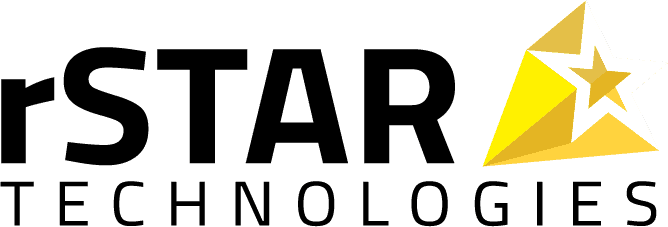Digital transformation is increasingly becoming a determinant factor for manufacturing success and a critical aspect of staying relevant and competitive. According to Gartner, 91% of companies are engaged in some form of digital initiative, and 87% of senior business leaders say digitalization is a priority.
Table of Contents
The adoption rate of digital technologies will undoubtedly continue to increase, as 56% of CEOs say digital improvements have increased their revenue. As the manufacturing industry continues adopting more emerging solutions, it’s only right to point out some of the top digital transformations that make the most impact and yield the highest ROI for manufacturers.
Top Technologies Driving Digital Transformation in Manufacturing
CRM Software and Integrations
CRM software with associated integrations has transformed how manufacturers store and manage customer data. Leveraging these customer relationship management solutions, manufacturers have better insights into customer behavior and preferences to identify patterns and trends. This has enabled CRM users to target customers with personalized offers effectively.
Customer needs and expectations constantly evolve, and manufacturers with digitally transformed CX departments have been continually meeting these changing needs and staying competitive. Integrated CRM solutions have enabled these manufacturers to focus on providing customers with the best experience, keeping them satisfied and loyal, and ultimately driving additional revenue and profitability.
ERP/CRM Integration
ERP/CRM integration solutions have improved visibility, enhanced business processes, and provided more effective customer service delivery for manufacturers.
These systems drive significant transformation in the manufacturing industry by enhancing the efficiency and effectiveness of critical business processes, enabling data-driven decision-making, reducing operations costs, and ultimately increasing revenue.
With ERP systems, manufacturers have been able to automate manual processes and effectively streamline manufacturing operations such as production scheduling and supply chain management in real time. CRM systems have empowered manufacturers to better track customer interactions, store and analyze customer data, and deliver better customer experiences.
Integrating these two remarkable technologies has helped manufacturers eliminate data silos and consolidate data from various sources into a single source of truth. Manufacturers now have a real-time 360-degree overview of customers and deliver better customer service.
Call Deflection and Service Automation
Call deflection and service automation technologies have significantly enhanced customer service delivery and reduced CX operational costs. With these solutions, manufacturers are able to provide customers with 24/7 access to automated support, self-service options, and personalized purchase recommendations.
Automating routine customer service tasks and providing self-service options has enabled manufacturers to significantly reduce customer wait times and improve the overall customer experience. Even more, customer service automation has streamlined processes such as order tracking and returns and has reduced customer waiting time.
These technological solutions have enabled companies to generate valuable customer data from customer interactions, service requests, and support tickets. With the valuable data and insights from these customer engagements, manufacturers are able to identify trends and patterns, improve product quality, and inform product development and marketing strategies of strategic ways to improve product quality and marketing, respectively.
Robotic Process Automation
Robotic Process Automation (RPA) has been vital in streamlining manufacturing processes, increasing productivity, reducing human errors, and improving product quality. With RPA systems, manufacturers have automated routine tasks such as data entry, order processing, and inventory management, freeing resources to focus on more value-added manufacturing activities like product development, supply chain, and customer engagement.
RPA has also enhanced product quality control by automating inspections and quality assurance tasks. With the use of RPA to identify defects and production inconsistencies, manufacturers have improved product quality and reduced product scrap.
Additionally, RPA technology has allowed manufacturers to make giant strides in reducing the risk of human errors, optimizing supply chain management, and ultimately improving production efficiency and reducing turnaround times.
Internet of Things (IoT)
Innovative manufacturers leverage Internet of Things (IoT) technology to gain real-time visibility into production processes, optimize workflows, reduce downtime, and improve product quality.
IoT sensors and smart devices are now designed to help manufacturers perform predictive maintenance, optimize the supply chain, and enhance workplace safety. Manufacturers can now easily monitor the manufacturing environment for potential hazards, manufacturing equipment in real-time, and records of inventory levels, delivery times, and other critical supply chain metrics.
The data connectivity that IoT brings has helped team members function more effectively, as everyone has real-time visibility of business processes.
Make Digital Transformation a Priority
The digital transformation wave has brought about many positive changes to the industry and has the potential for more benefits for forward-thinking manufacturers. Adopting these innovative solutions has become necessary for manufacturers who want to stay competitive and relevant in the industry. The reason is simple. The number one reason you’re in business – your customers – do not hesitate to move on at the slightest negative experience.
To meet constantly evolving customer expectations and preferences, manufacturers must constantly evolve their business processes, improve product quality, and adopt strategic digital transformation solutions.
rSTAR Technologies can evaluate your company’s unique needs and adopt the right technologies to help you achieve optimal ROI on all digital transformation investments.






